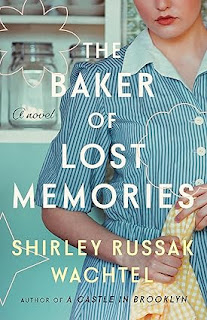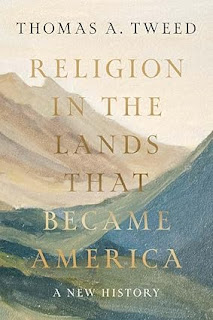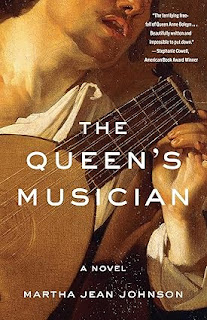
About the book, from the publisher:
From the author of A Castle in Brooklyn comes an epic novel spanning decades about the broken bonds of family, memories of war, and redemption and hope in the face of heartbreaking loss.Visit Shirley Wachtel's website.
Growing up in 1960s Brooklyn, Lena wants to be a baker just like her mother was back in Poland prior to World War II. But questions about those days, and about a sister Lena never even knew, are ignored with solemn silence. It’s as if everything her parents left behind was a subject never to be broached.
The one person in whom Lena can confide is her best friend, Pearl. When she suddenly disappears from Lena’s life, Lena forges ahead: college, love and marriage with a wonderful man, the dream of owning a bakery becoming a reality, and the hope that someday Pearl will return to share in Lena’s happiness―and to be there for her during the unexpected losses to come.
Only when Lena discovers the depth of her parents’ anguish, and a startling truth about her own past, can they rebuild a family and overcome the heart-wrenching memories that have torn them apart.
The Page 69 Test: A Castle in Brooklyn.
My Book, The Movie: A Castle in Brooklyn.
Q&A with Shirley Russak Wachtel.
My Book, The Movie: The Baker of Lost Memories.
Writers Read: Shirley Russak Wachtel.
The Page 69 Test: The Baker of Lost Memories.
--Marshal Zeringue
































.jpg)








